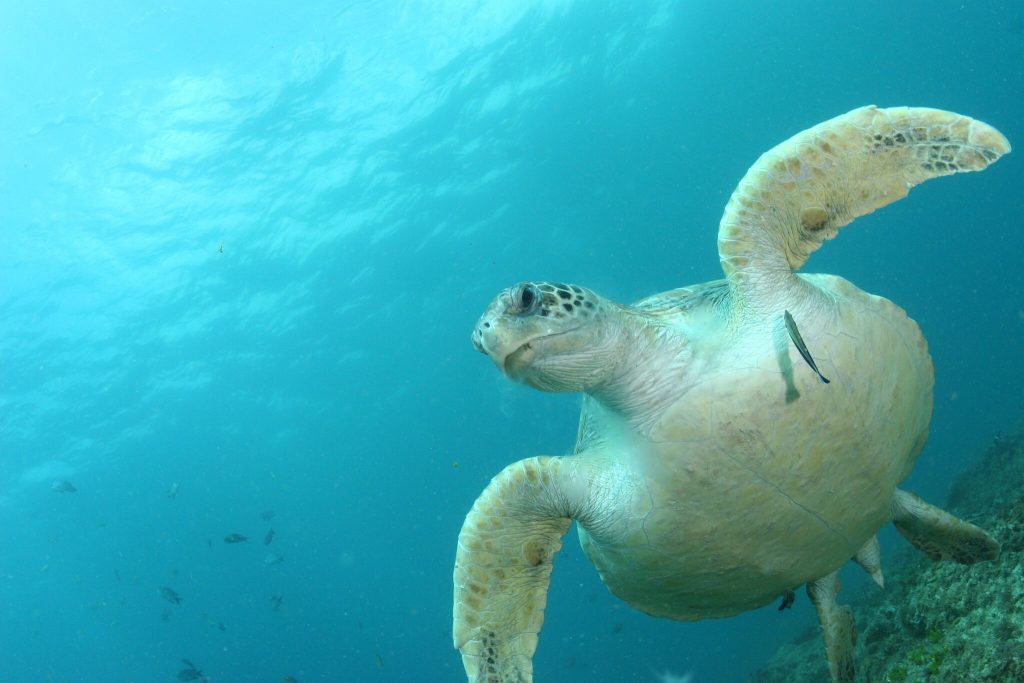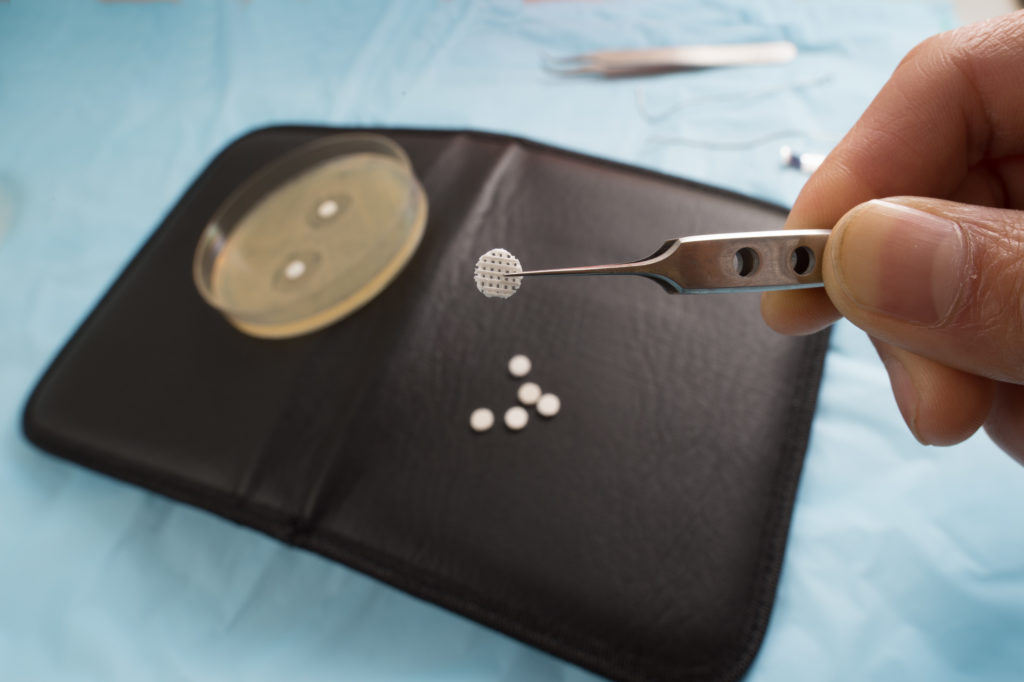Cowabunga! On this episode of Interronauts Kate and Gavin join Jesse to talk about scourges of our times: marine debris and antibiotic resistance, as well as science’s endeavours to set us on the straight and narrow, the clean and biotic. They also talk about the use of third person in podcast descriptions (“We don’t actually, we prefer first person but are twenty episodes into the precedent…”), NovaSAR-1—a new state of the art satellite, which provides Australia 10% helm-time, and finally, a rare case of organ transplant complications and a crazy little thing called CTVT, a disease, but also a single-celled dog. You’ll just have to listen.
How much plastic does it take to kill a turtle? Typically just 14 pieces
“We know there is a lot of plastic in the ocean, and that turtles (and other endangered species) are eating it. It is not uncommon to find stranded dead turtles with guts full of plastic.
But we weren’t really sure whether plastic eaten by turtles actually kills them, or if they just happen to have plastic inside them when they die. Another way to look at it would be to ask: how much is too much plastic for turtles?” Full story, here.
New defence against ‘superbug’ infections
Phong Tran, tiny implanted 3-D printed scaffolds infused with antibiotics could revolutionise the way doctors prevent deadly ‘superbug’ infections post-surgery.
“Tiny implanted 3-D printed scaffolds infused with antibiotics could revolutionise the way doctors prevent deadly ‘superbug’ infections post-surgery, saving lives and long hospital stays.” Full story, here.
New super-powered satellite blasts off
“NovaSAR-1 carries an advanced form of radar technology known as S-band Synthetic Aperture Radar, or S-band SAR, which will provide high-resolution images of Earth from space. Not only will those images be high-resolution, the incredible tech allows the satellite to see through clouds and image the Earth night and day.” Full story, here.
Cancer Spreads from Organ Donor to 4 People in ‘Extraordinary’ Case
“It’s well known that organ transplants can pass infectious diseases from donors to recipients in rare cases. But even more rarely, transplants can transmit cancer, as a new case shows. In what’s being described as an “extraordinary case,” four people in Europe developed breast cancer after they received organs from the same donor, according to a new report.” Full story, here.
The Carl Zimmer book Kate’s reading.
Listen and subscribe
- iTunes — Subscribe to us on iTunes and leave us a rating and review, if you’re so inclined.
- Blog — Listen to ’em all online on our blog.
Contact us
You can get in touch with the Interronauts team via Facebook, Twitter @CSIROnews, Instagram @csirogram, or by emailing us at socialmedia@csiro.au. Thanks for listening!





Care to listen to more of the 'nauts?